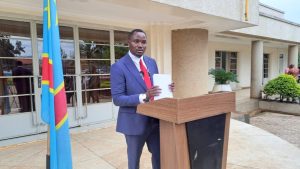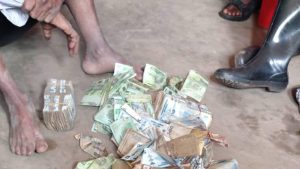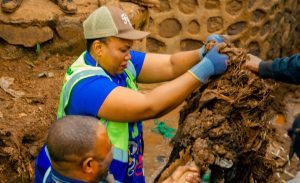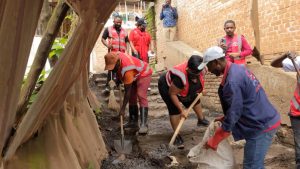
During a meeting with the National Minister of Youth, representatives of Congolese civil society discussed ways to strengthen collaboration between the ministry and youth organizations.
The shared goal is to engage young people in the fight against climate change and promote agroecology in the Democratic Republic of Congo.
Discussions focused on creating a youth-led agroecological movement, in close collaboration with the National Youth Council. This movement will be tasked with protecting the country’s fragile ecosystems.
This collaboration will open up new prospects for young volunteers, who will be able to benefit from professional internships and integration into various projects.
These experiences will enable them to acquire the skills sought after in the job market, particularly in the field of agroecology. The Minister assured that the government was committed to supporting this initiative by providing agricultural land for the creation of incubation centers.
These structures will enable young entrepreneurs to develop innovative agroecological projects. To ensure the success of this partnership, stakeholders emphasized the importance of strengthening the capacities of young people and fostering the exchange of experiences at the national and international levels.
A memorandum of understanding defining the terms of this collaboration will be signed soon, after COP29. This document will detail the actions to be taken and the objectives to be achieved in terms of agroecology.
This meeting was made possible thanks to the involvement of Josué ARUNA of Congo Basin Conservation Society (CBCS network DRC) and Madame Cathy, national president of the environmental civil society socearuco RDC.
Their commitment demonstrates the willingness of Congolese civil society to play an active role in the country’s ecological transition.
This promising partnership between the Ministry of Youth and civil society opens up new prospects for Congolese youth, who will be at the heart of the fight against climate change and the development of agroecology in the DRC.
- Ben Mug






